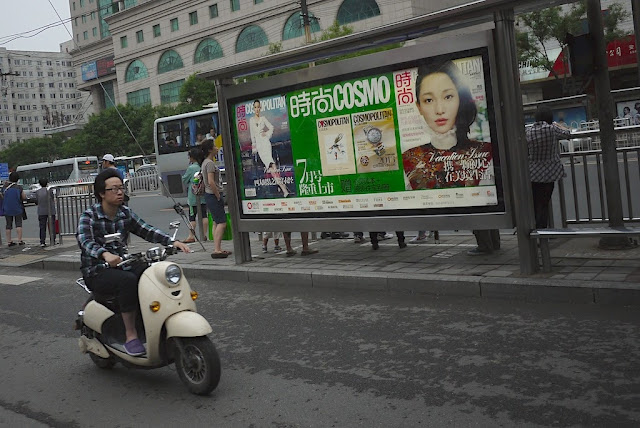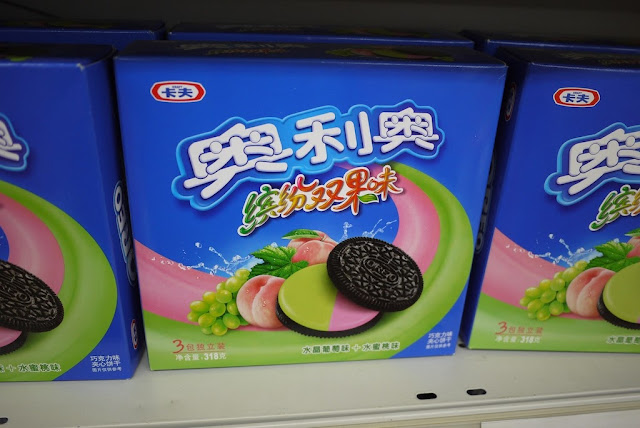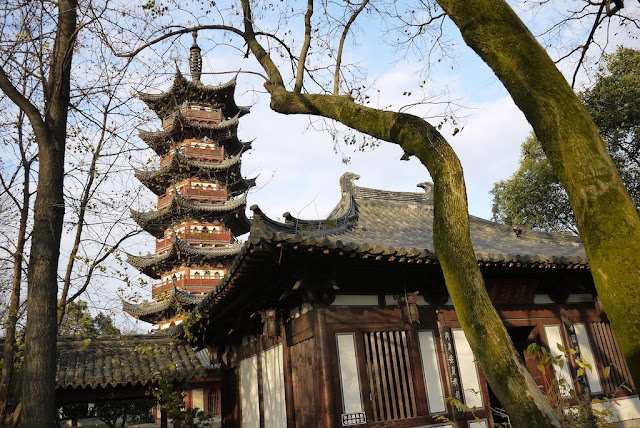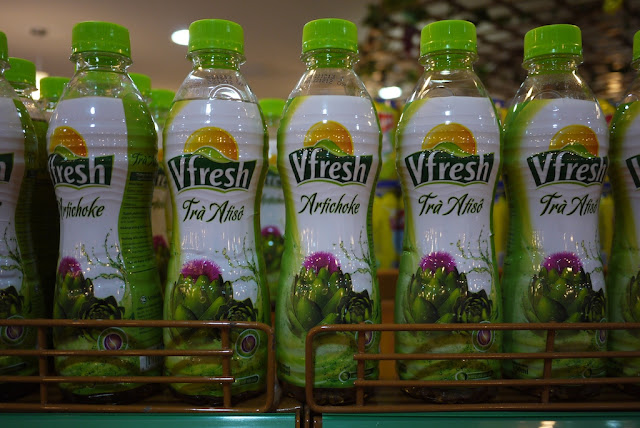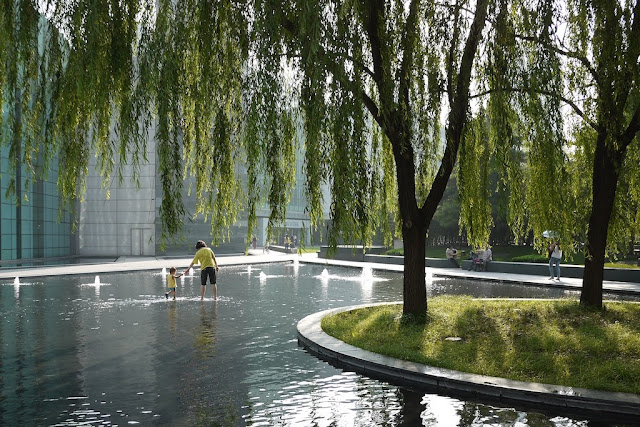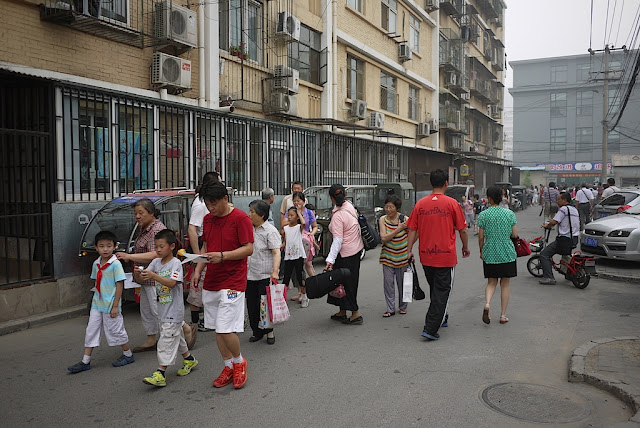One of the joys for me of living in China is trying its broad variety of local culinary delights. Since I like much of the food in China, I find it curious when I find myself less accepting of localized American food products, which seems to mostly happen with what could be classified as junk food.
For example, although I have never tried the yogurt-cucumber or tomato-beef flavored
Lay's potato chips I saw advertised in Beijing, I did once try Lay's blueberry-flavored potato chips. I stress "once". They weren't really that bad, but I'm not motivated to choose them again. I'll stick with barbecue-flavored potato chips. Or if I eat Chicken McNuggets at McDonald's in China I'll typically choose the garlic-chili sauce. It's OK, but I am almost embarrassed to admit how happy I was when I once discovered a McDonald's in Changsha with some American-style barbecue sauce. It appeared to be a leftover from days long past, but I figured the sauce probably had a rather long shelf life.
To show this isn't just about barbecue sauce, in another case one day late last year at a supermarket in
Shaoxing, Zhejiang province, the localized version of an American cookie caught my attention.
It had the typical two chocolate wafers, but instead of white cream the filling was peach and grape flavored. I was curious, so I bought a box and tried one cookie. Again, I stress "one" — all I needed to realize that peach-grape Oreos were not my thing. Other Oreo flavors and versions of the cookie can be found in China as well. I have not tried them all, but someone else' review of them can be found
here.
Whether it is potato chips, chicken nugget sauces, or cookies, I suspect some of these localized products would have a better chance of appealing to me if I didn't associate them with specific food items I have enjoyed long before (an intriguing issue to me). I can think of exceptions, though. For example, I prefer McDonad's taro pie, available in
Hawaii as well, over its apple pie.
And no barbecue sauce is needed.

